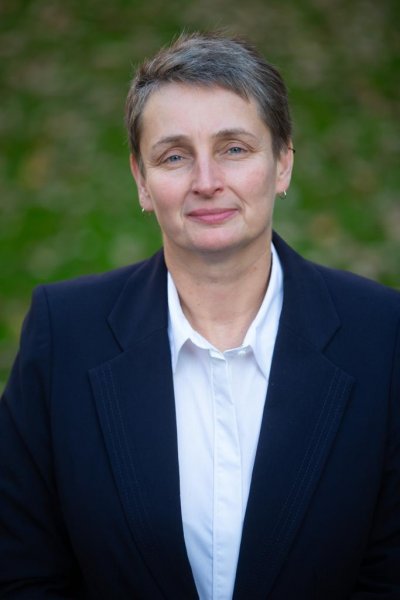From fostering to the House of Commons
 Congratulations on your election Kate, why did you become a Member of Parliament?
Congratulations on your election Kate, why did you become a Member of Parliament?
I suppose it was a natural progression for me to become an MP, it isn’t necessarily something I set out to do.
I worked for Royal Mail for 25 years and I’m a trade unionist, so I was involved in my trade union, and over the years that went from being a workplace, to a regional, to a national position. I then became a Labour councillor, so I’ve known and worked with MPs for a number of years. When the opportunity came along I thought, you know what, we haven’t got enough women MPs, and there’s certainly not enough outwardly LGBTQ+ MPs, so with a lot of support and encouragement from my Union I put myself forward, and here I am.
How are you finding life in Westminster?
I’m down here four days a week normally, five days this week. So unfortunately, I’m seeing my family less. They’re being really supportive though; I’ve got my partner and a nine-year-old at home. I miss them, naturally, but I’m getting settled in. I’ve got an office in Westminster and I’ve got a flat now, I just need to sort my constituency office out, but I’m getting there and hopefully starting to make a difference.
Before you were elected, you were a foster carer. What made you decide to foster?
It does sound a bit of a cliché I know, but I wanted to do something that made a difference. As a councillor I was aware that my local authority was desperately short of foster carers. I also knew a few foster carers and the young people they were looking after personally.
How did you find the experience of being assessed as a foster carer?
At the time I was surprised at the depth of questions and information I needed to give, and it took an awful long time, which was frustrating. But in hindsight it was fine.
It wasn’t a difficult process, but it was challenging emotionally at times, giving information about my own background and past, about my experiences as child, and my experience of parenting my two boys. It was actually a period of reflection for me, on what I’d done and where I was. It was important in a way, because it really does give you an opportunity, as much as you know at that point, to decide if you want to go forward with fostering.
And how did you find it once you started fostering?
Every day, something small would happen. A young person might not be communicating with you, but then they’d do or say something, and you’d see that attachment start to grow and they’d start to have trust in you. That’s the biggest positive really. You see you’re making a difference to how they’re functioning on a daily basis. It was very challenging at times, but I got an awful lot from it emotionally.
However, we had a couple of social workers in a short space of time. Social work teams have been downsized and there’s a high turnover of social workers that isn’t helpful for young people when they’re building a relationship and trust. Our social workers were at times very supportive, but there’s a lot that needs to be done.
What do you think needs to be changed to improve fostering?
I think there needs to be better support for foster carers and there certainly needs to be more recognition for them. They aren’t included at times when they should be; in conversations in meetings, in decisions, and that’s around all aspects actually, including schooling. So, I think a great deal of change is needed.
The allowance also needs to be increased, simply. I don’t know if you’d ever sit down and work out the hourly rate, but it’s a 24/7 job, with little opportunity for respite.
It’s great you’re bringing your fostering experience to the House of Commons. As an MP, what will you do to champion foster care?
I’m now not actually fostering, because I can’t do that and be an MP for obvious reasons, but I don’t think you ever switch off from it. It’s almost once a foster carer always a foster carer. If I see that there’s a debate in the commons or an all-party meeting, as much as I can, I’ll get involved and champion foster carers. Whether that be for their allowances or legislation to bring forward changes. So absolutely, I’m going to carry on doing what I can to support other foster carers.
There’s so much that needs doing, so I’m not surprised the State of the Nation’s Foster Care report has a long list of recommendations. I think if we could get a national register of foster carers, that would be really helpful for the people fostering but most importantly for young people.
Have you had foster carers reaching out to you since you got elected?
Since I’ve been elected, I haven’t had any foster carers visit my surgeries, but it’s early days. I hope to hear from many. And certainly, if there’s any events in the constituency or any foster carers that want to talk to me about their experiences, please get in touch.





